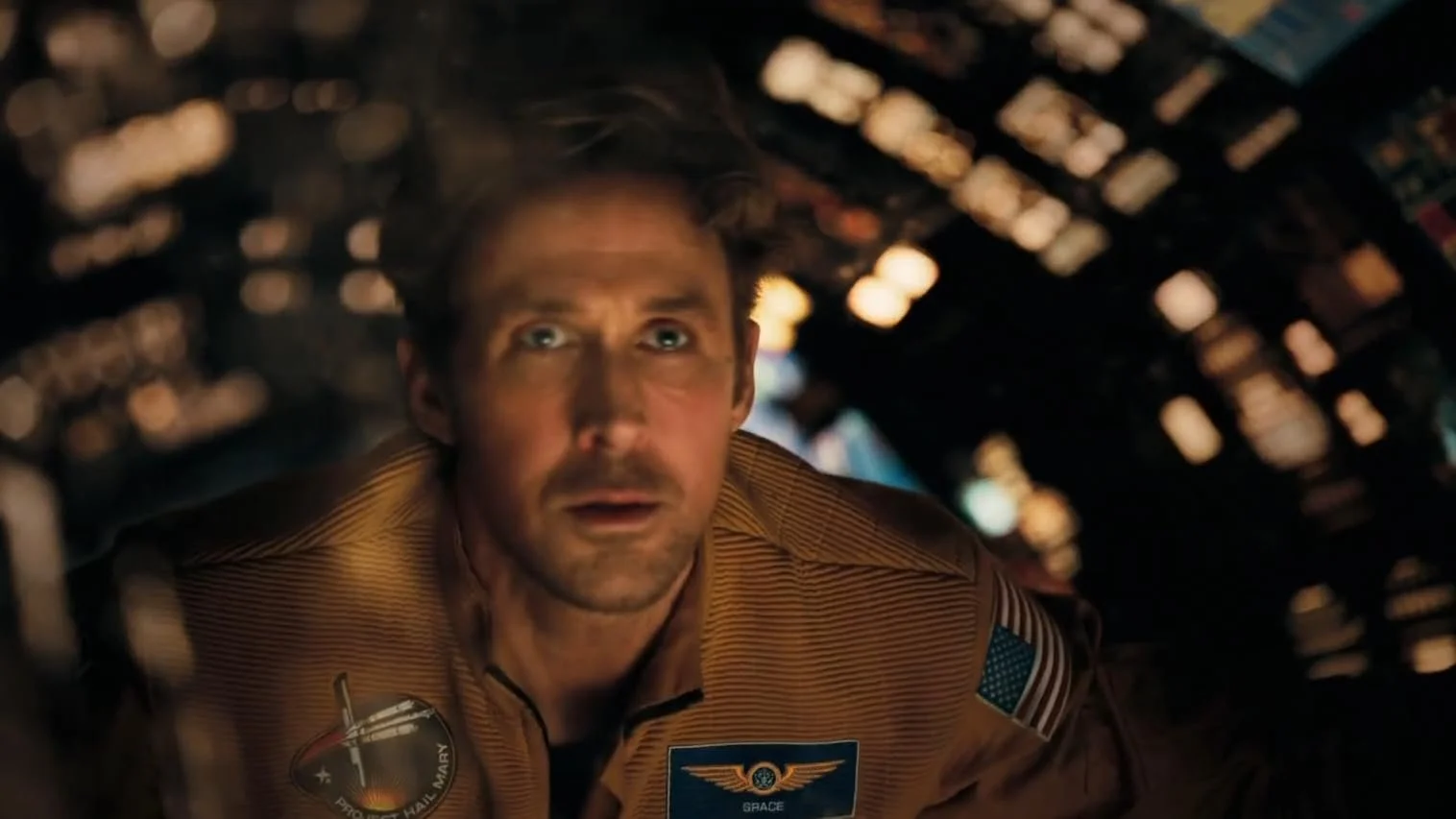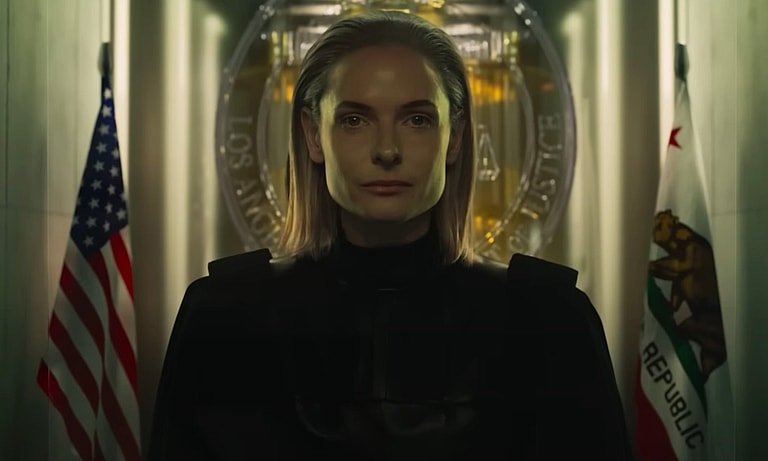i'm thinking of ending things
/By way of Charlie Kaufman (Eternal Sunshine of the Spotless Mind) comes the equally-unsettling i’m thinking of ending things (sic). Based on the 2016 novel by Canadian writer Iain Reid, this adaptation stars Jessie Buckley, Jesse Plemons, and Toni Collette (the latter having starred in The Sixth Sense and Little Miss Sunshine). Although Kaufman’s previous work obviously delved into the unique and unusual, he hasn’t quite entered thriller territory until now. As a result, this trailer puts a highly artistic twist on horror and thriller trailer conventions. Usually, in horror trailers we hear ominous sound design, perhaps a creepy musical theme, and definitely one—or, more likely, multiple—jump scares, reinforced of course with a scream or sudden, loud sound of some sort. Here, we hear little of that type—instead, this trailer takes benign sounds and renders them as remarkably disconcerting.
The trailer begins with a bit of a fake-out, as we at first hear harp and flute as Buckley (as an unnamed girlfriend—henceforth referred to as “Buckley”) effuses about her boyfriend, noting they have “a rare connection”. The pastoral tune continues unabated until about the 0:18 mark, where something very interesting happens with the diegesis of the sound. “I’ve never experienced anything like it... I’m thinking of ending things”, Buckley says in the monologue—a total non-sequitur that does not follow her initial praise for her boyfriend, Jake (Plemons). Notice how she is clearly thinking it and not saying it, yet he suddenly turns and says “what” while the music simultaneously cuts out. There are multiple levels of diegesis operating here and they are simultaneously flattened in this moment, leading one to wonder what exactly is “real” in the diegesis of the film and what operates as a supporting layer. This sense of a “flattening” is further reinforced at 0:25 when we see the writer/director credit existing behind the telephone wires, but in front of the sky in the shot.
The instrumentation changes entirely, now to mysterious pitched percussion and plucked strings. It’s at 0:45 that things get truly weird as the sound of Jake’s family dog shaking off water simply does not end—acknowledged in part by the unnamed girlfriend’s puzzled expression. This sound effect is uncoupled entirely from its onscreen representation, and its persistence becomes increasingly unsettling until it finally ends at 1:12—only to come back at 1:15, cutting off Buckley’s returning thought where she thinks (says?) “I’m thinking of ending—“. A shot of the dog shaking itself returns at 1:22, leading one to wonder whether the dog has been actually shaking itself all this time or not.
It’s this recurrent sense of giving just enough evidence to cause one to question one’s reality that conceptually grips the audioviewer; it’s quintessential Kaufman, and in the editing the trailer achieves an effective sense of what the film is trying to do, rather than necessarily what it is about. At 1:43, the dog shaking sound ends again for a scene at a drive-though. Once again, it’s relatively subtle details that lead the audioviewer to consider what exactly is real or not in the scene. Buckley is holding ice cream—yet it is clearly winter outside, so it doesn’t seem like an intuitive or likely choice. Eerie radio and whispering sounds carry on in the background as she carries on a conversation with the drive-through cashier about something obviously deeper than the order itself.
This narrative opaqueness is finally acknowledged a little more by 2:00 as Buckley observes that “time passes through us, blowing like cold wind”—and now we hear sounds that are clearly being played in reverse, along with less identifiable, howling sounds. While this is happening, we see a montage of scenes that are more definitely fuelled by visions, dreams, drugs, or something else immaterial—for example, the scene at 2:09 with snowing in the school gymnasium. Finally, the harp and flute music comes back as a bookend at 2:17; of course, given the new context from the middle of the trailer, this music now sounds much less fantastical and much more sinister. Note the use of blowing wind at this juncture, perhaps alluding to Buckley’s earlier observation about “cold wind”.
While not a modern horror trailer given the established conventions, as noted earlier, this one works well in giving a progressive sense of unsettling, leading the audioviewer to experience and understand Buckley’s sense of existential disorientation. It’s the deliberate division and subsequent flattening of diegetic layers—whether with Buckley’s monologue, or the dog’s shaking, or the mother’s excessive laughter—that enables the trailer to achieve this.
i’m thinking of ending things arrives on Netflix September 4th.
— Curtis Perry







